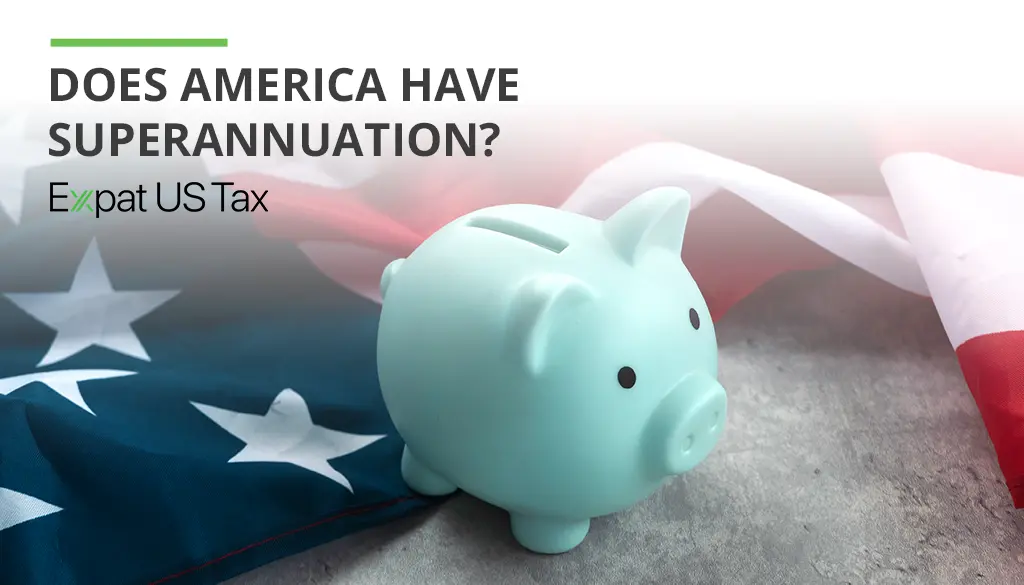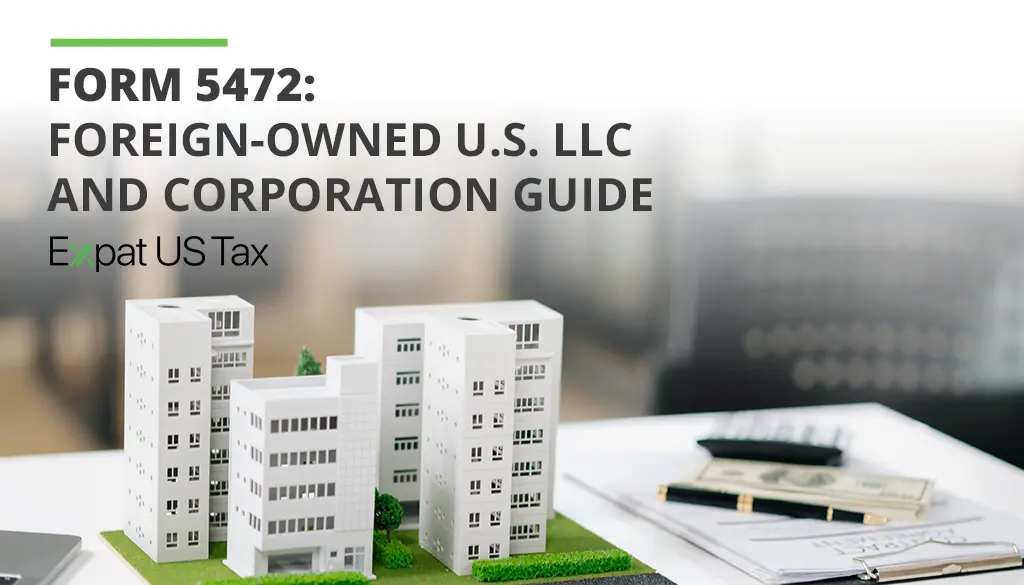What is a discretionary trust?


Taki Trpceski, a tax professional with 16 years of experience, specializes in US tax preparation, tax planning, and tax advice for US citizens and Green Card holders living and working in Australia. *Schedule a consultation with Taki today.
*30-minutes US$347.
Table of Contents
What is a discretionary trust for US citizens in Australia?
In Australia, discretionary trusts are a popular way to manage money, protect assets, and pass wealth down through families. Many people also use them to run small businesses.
They can work well under Australian tax rules, but for US expats, the IRS sees them very differently. That’s why it’s important to know how both countries treat these trusts before you decide to set one up.
What is a discretionary trust?
A discretionary trust is a legal setup where beneficiaries don’t automatically get a fixed share of income or assets. In simple terms, they don’t “own” a guaranteed portion.
Instead, the trustee—the person or entity managing the trust—decides:
- Who receives income from the trust (like profits or investment returns)
- How much each beneficiary gets, if anything
- When distributions are made
The most common type of discretionary trust in Australia is a family trust, which is mainly used to manage family wealth or a business.
Who is involved in a discretionary trust?
The main parties to a discretionary trust include:
- Grantor: The person who creates or funds the trust.
- Trustee: The person or entity managing the trust and making distribution decisions
- Beneficiaries: The people who may receive income or assets from the trust
💡 Note! In discretionary trusts, the roles of grantor, trustee, and beneficiary are typically kept separate to ensure fairness and avoid conflicts of interest.

Need help with US tax rules on Australian discretionary trusts?
What are the benefits of a discretionary trust?
Australian residents use discretionary trusts for a variety of strategic reasons:
-
Income Splitting
Discretionary trusts allow the trustee to allocate income to beneficiaries in lower tax brackets, reducing the overall tax paid on income earned by the trust.
-
Asset Protection
Assets in a discretionary trust are generally shielded from creditors or lawsuits, since beneficiaries don’t directly own the assets.
-
Estate Planning
Trusts can help manage intergenerational wealth, offering more control over how assets are passed down to children or other family members.
-
Business Flexibility
Many small businesses operate through discretionary trusts for tax efficiency and flexible profit distribution.
Are discretionary trusts taxed?
No, not directly. A discretionary trust itself doesn’t usually pay tax. Instead, any income it earns is passed on to beneficiaries, who then report that income on their personal tax returns at their individual tax rates.
But there are exceptions, such as when income in a discretionary trust isn’t distributed.
What happens when income is not distributed?
If the trustee keeps income inside the trust, it’s then taxed at the highest marginal rate in Australia (currently 45%). This rule is designed to stop trusts from holding back income.
💡 Key takeaway! Beneficiaries pay tax on the income they receive. Undistributed income is still taxed, but at the highest possible rate.
How do discretionary trusts work for US expats in Australia?
The IRS does not treat Australian discretionary trusts the same way the Australian Tax Office does. For US tax purposes, the IRS may classify the trust in one of two ways:
-
Foreign non-grantor trust: The grantor is not a US citizen or green card holder. If you’re a beneficiary, then:
- You’re taxed only when you receive distributions from the trust.
- Distributions are considered unearned income, so they don’t qualify for the Foreign Earned Income Exclusion (FEIE).
-
Foreign Grantor Trust: The grantor is a US citizen or green card holder—meaning you set up the trust. In this case:
- The US grantor is taxed on all trust income, even if it’s paid to someone else.
- The income does not qualify for FEIE.
- Foreign Tax Credits (FTCs) may be limited if income goes to non-US persons.
💡 Key takeaway! If you’re a US citizen who sets up or controls a discretionary trust in Australia, the IRS may tax you on the entire trust’s income, even if you don’t receive any of it. This often leads to double taxation and complex reporting obligations.
Do I need to report discretionary trusts to the IRS?
Yes. Even if you’re living in Australia, the IRS still treats you as a US tax resident. That means you must report your worldwide income—including any involvement with foreign trusts.
You may need to report:
- The existence of the trust
- Any income distributions received
- Your ownership or control interest in the trust
US tax reporting requirements for Australian discretionary trusts
If you’re tied to an Australian discretionary trust, you might need to file:
- Form 3520: For distributions or transactions with a foreign trust.
- Form 3520-A: An annual information return for the trust (the trustee files this, but you may need to if they don’t). Beneficiaries do not always need to file 3520-A themselves.
- FBAR (FinCEN Form 114): If the trust holds foreign accounts worth over US$10,000 in total.
- Form 8938 (FATCA Reporting): If your foreign financial assets go over certain thresholds.
💡 Note! If you don’t file the required IRS forms for a foreign trust, penalties can be steep, sometimes at US$10,000 per missed form.
Can US expats benefit from a discretionary trust in Australia?
Yes, but with caution. Discretionary trusts still offer valuable benefits like asset protection, income splitting, and estate planning under Australian law.
However, from a US tax perspective, these trusts often trigger complex reporting requirements and potential double taxation. In many cases, they may increase your US tax burden, even if you’re fully compliant in Australia.
It’s strongly recommended that US expats consult a cross-border tax expert. They can help you evaluate whether a discretionary trust fits your goals or if another structure would be more tax-efficient.
FAQs
Does the IRS recognize Australian discretionary trusts?
Yes. The IRS treats them as foreign trusts. If a US person creates or funds the trust, it’s usually taxed as a foreign grantor trust, and all income must be reported.
What IRS forms apply to Australian discretionary trusts?
Are distributions from an Australian discretionary trust taxable in the US?
What happens if I don’t report a discretionary trust to the IRS?
Are discretionary trusts recognized outside Australia?
How does the IRS classify foreign discretionary trusts?
Do discretionary trusts reduce US estate tax exposure?



